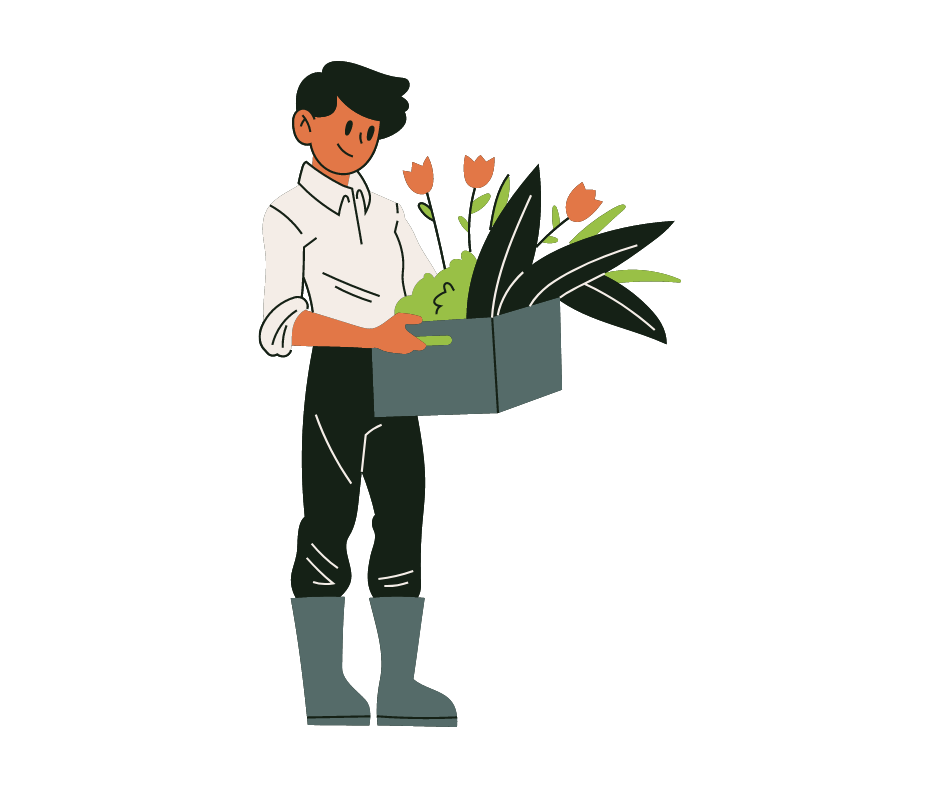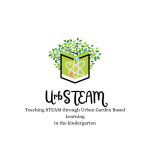
Teaching STEAM through Urban GardenBased Learning in the kindergarten
Project Code: 2021-1-EL01-KA220-SCH-000034476
About

The aim of the project is to teach STEAM by using hands on activities on urban gardens and integrating permaculture values. STEAM is an integrated approach to learning which requires two or more standards from Science, Technology, Engineering, Math, and the Arts to be taught AND assessed in and through each other. Participants (educators and children) will become familiar with the space of a garden as a rich environment for teaching and learning across the curriculum, especially on STEAM field. Ecological and social justice considerations will frame all aspects of the project, with a particular focus on the place of the teacher (personal, cultural, and geographic positioning and identities) in garden-based education. Extensive engagement with gardening practices, food preparation activities (including eating!), and critical dialogue will be the pedagogical modes of exploration throughout the project. The idea is to support, scaling up the existence initiatives or catalysing new actions related to the 17 Sustainable Development Goals (SDGs) in education and especially in preschool. While there are hundreds of pedagogical ideas for classroom activities, there is a gap in implementing age-appropriate activities outdoors. This project bridges the gap by detailing how best to integrate Urban Gardening into teaching and learning, specifically in preschool. We are trying to strengthen to the means of implementing STEAM, by using garden as co-teacher in preschool
Objectives
The objectives of the UrbSTEAM project are:
- To enable at least 150 educators (30 participants per partner country) understand and work with the garden-based methodology for teaching STEAM to kindregarten students and aware them in the principles of premaculture and sustainable development;
- To equip the educators with the appropriate material/resourses in order to deliver garden based learning for STEAM education in early age by using the resourses from an innovative digital platform – toolkit b. For children, to use come in contact with nature, STEAM education and become the future agents of change towrards a more sustainable future
- To develop children’s interest in and appreciation on nature and STEAM
Target Group
The project has three main target groups:
- Kindergarten & preschool teachers (direct target group)
- Children of preschool ages in which the direct group will pilot with the project deliverables (indirect).
- There will be also another indirect target group which is organisations which are interested in piloting the deliverables of the project within their organisations: kindergartens, creative labs for children, associations of teachers etc.
Results
The project will develop 3 results by 6 partner organizations actively participating in developing:
1.Manual of best practices on garden-based learning and development of Educational material
2. UrbSTEAM Online toolkit with resourses for educators
You can find our toolkit here
3. Development of the UrbSTEAM interactive platform

Partners
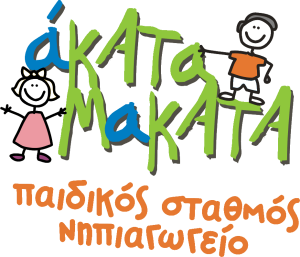
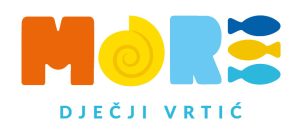
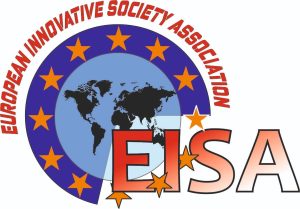

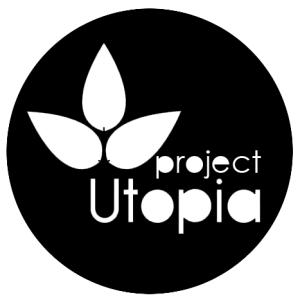
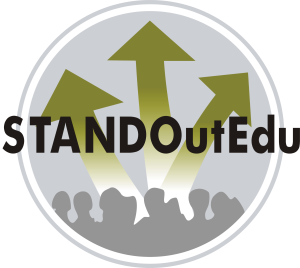
News -
- A.1. Cultivating Knowledge Teaching STEAM Through Urban Gardens with Garden-Based Learning
- A.2.Permaculture Education for Children_ Nurturing Sustainable Futures with UrbSTEAM Erasmus+ Project
- A.3.The Role of Urban Gardens in Early Childhood Education_ A STEAM Approach
- A.4. Integrating Permaculture Values in Kindergarten Education_ Lessons from UrbSTEAM Project
- A.5.Fostering Ecological Literacy in Kindergarten_ The Impact of Garden-Based Learning
- A.6. Cultivating Sustainable Mindsets_ The Role of Educators in Garden-Based Education
- A.7. Exploring STEAM Concepts Through Garden Activities_ A Practical Guide for Kindergarten Teachers
- A.8.Promoting Social Justice Through Garden-Based Education_ Lessons from UrbSTEAM Project
- A.9.Engaging Children in Critical Dialogue Through Garden Activities_ Strategies for Educators
- A.10.Empowering Teachers as Garden Educators_ Professional Development Insights from UrbSTEAM
- A.11. Creating Inclusive Learning Environments in Urban Gardens_ Strategies for Preschools
- A.12. Scaling Up Sustainable Practices in Early Childhood Education_ The Role of the UrbSTEAM Project
